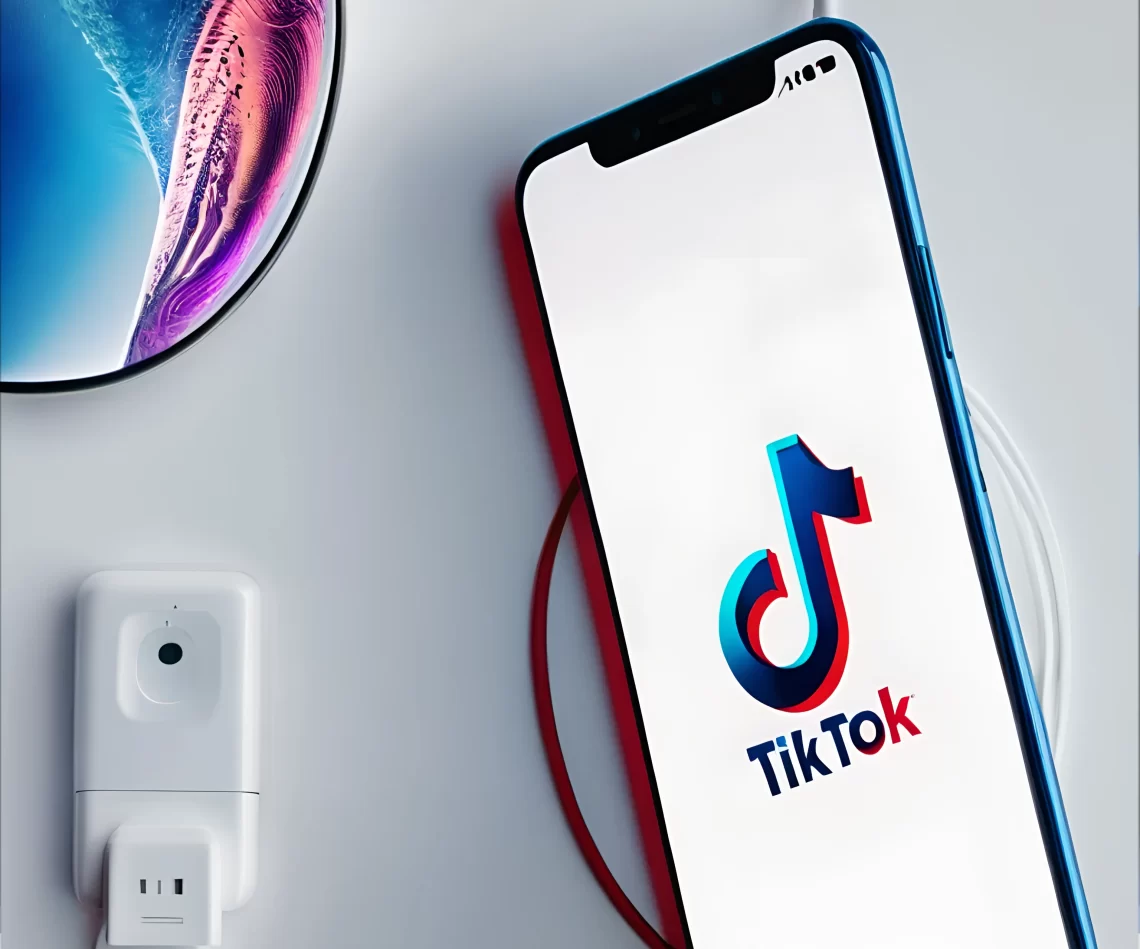Amid worries over free expression and national security, the Senate is considering amending the TikTok bill.
In response to US regulations requiring sales, TikTok begins a public relations campaign.
Senate leaders from both parties support a bill to lessen the security dangers associated with TikTok.
The US Senate is set to discuss potential modifications to a recently passed House bill requiring the sale of the Chinese-owned social media network TikTok. However, scrutiny awaits the bill addressing national security concerns, with any changes made potentially affecting its approval timeline.
Senate Majority Leader Charles Schumer had already requested a vote due to the bill’s overwhelming support in the House. The Senate voting date is still unknown, though, when lawmakers return from their Easter recess.
The Senate Commerce Committee chair, Senator Maria Cantwell, will lead the negotiations on the suggested modifications. Although the amendments’ specifics are unknown, several Senate Republicans have conjectured that significant changes could jeopardize the bill’s chances. As per the House-passed bill, ByteDance, the owner of TikTok, has six months to consider divesting; beyond that, it would be illegal in the United States.
Legislative Issues and Assistance
The debate over the TikTok bill highlights worries about social media’s impact on free speech and national security. Sen. Rand Paul, however, expressed misgivings about the bill from the standpoint of free speech. Conversely, leaders of the Senate Select Committee on Intelligence, Senators Marco Rubio and Mark Warner, have expressed their support, emphasizing the necessity to address any concerns arising from TikTok’s ties to the Chinese government.
Sens. Richard Blumenthal and Marsha Blackburn have also insisted on publicly releasing information regarding TikTok’s potential impact on national security, underlining the necessity to do so.
Legislators’ broader aim to guarantee that their legislative actions are based on a thorough comprehension of the challenges posed by foreign-owned digital platforms manifests in their requirement for transparency.
TikTok Public Campaign and Reaction
In opposition to the legislative efforts, TikTok has launched an extensive PR campaign to mobilize its user base against the potential prohibition. The platform is attempting to influence public opinion in support of their cause and potentially the legislative process by running television advertisements in the states they have chosen.
The company’s enormous user base in the United States and the company’s high stakes are further highlighted by TikTok’s proactive attitude.
TikTok’s public campaign and the ongoing Senate discussion underscore the intricate relationship of business interests, user rights, and national security concerns in the digital era.

























